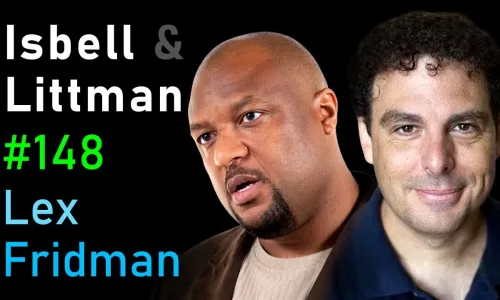See all Lex Fridman transcripts on Youtube

Charles Isbell and Michael Littman: Machine Learning and Education | Lex Fridman Podcast #148
1 hours 57 minutes 46 seconds
🇬🇧 English

Omnivision Solutions Ltd
- Getting Started
- Create Transcript
- Pricing
- FAQs
- Recent Transcriptions
- Roadmap